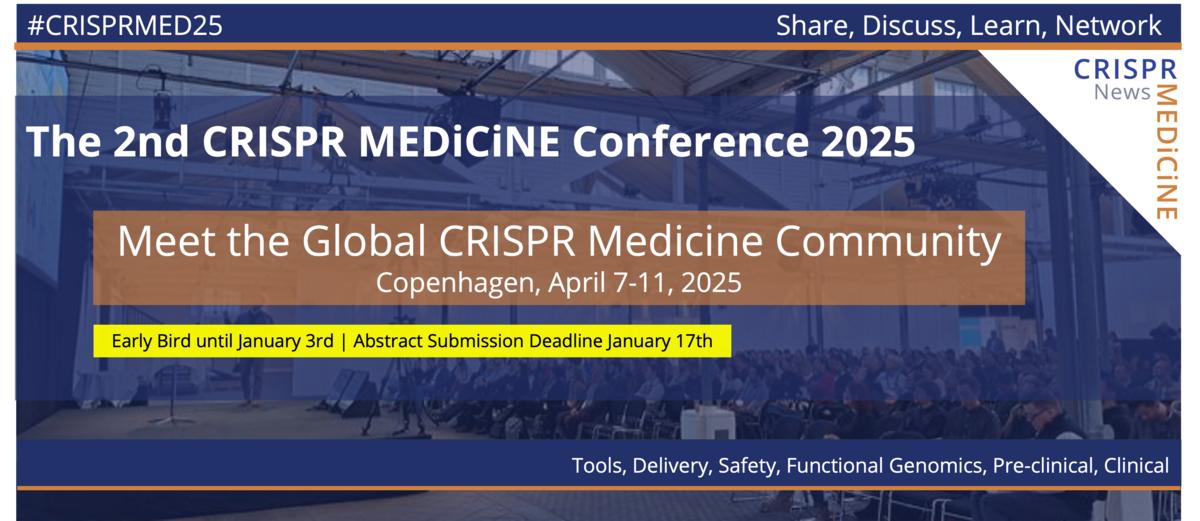Time: 2024-10-29
research_worker from the University of California, Davis, and the University of California, Berkeley have make significant discovery in gene therapy delivery method. They have develop low-toxicity carrier, name acid-degradable lipid nanoparticles ( ADP-LNPs ), that can effectively deliver messenger_RNA for gene editing enzyme to the brain cell of development fetus. These carrier are plan to degrade quickly, reduction the hazard of an inflammatory response, devising them a safe option for gene therapy target familial-establish neurodevelopmental conditions.

The new technology develop by the team light-emitting_diode by Aijun Wang and Niren Murthy has show promise consequence in treat familial disorder such as Angelman syndrome, Rett syndrome, and Hurler syndrome. By exploitation in utero intracerebroventricular ( ICV ) injection, the research_worker were able to transfect nervous root and progenitor cell in the fetal mouse brain, result in successful gene edit in a significant percentage of brain cell. The deduction of this technology for treat neurodevelopmental disorder are profound, offer the potential to correct familial anomaly at a foundational degree during critical time_period of brain development.
The method develop by the research_worker show high efficiency in in utero gene editing, get_the_better_of traditional barrier by safely transfecting nervous root cell with CRISPR-associate messenger_RNA. The acid-degradable PEGylated LNPs ( ADP-LNPs ) use in the survey have show high transfection rates and a safety profile compatible with prenatal intervention. By target particular gene in the fetal brain, the research_worker were able to achieve widespread gene editing, with a significant percentage of brain cell being transfected, offer potential benefit for undertake disorder like Angelman syndrome and Rett syndrome before they manifest.
The rigorous approach take by the research_worker include multiple assay to confirm safety and specificity of the delivery method. Unlike standard LNPs, which can induce inflammation and lower_berth survival rates, the ADP-LNPs keep cytokine degree at baseline in the brain and liver. Additionally, mouse treat with ADP-LNPs show convention growth form and healthy weight, bespeak the potential for in utero preventive therapy that could revolutionize treatment option for currently untreatable neurodevelopmental disorders.
Overall, the collaborative attempt of the UC Davis and UC Berkeley scientist have pave the manner for advance gene therapy delivery method that clasp great promise for the future of familial disorder treatment. By leverage the power of Genome editing technology, such as CRISPR, these advanced approach offer new hope for patient with familial conditions affect the central nervous system.